Minister: NIS monopolist, not Delta
Trade Minister Slobodan Milosavljević says competition is the only way to combat monopolies.
Sunday, 07.09.2008.
16:08

Trade Minister Slobodan Milosavljevic says competition is the only way to combat monopolies. "I’ll have accomplished my ministerial mission if, during my mandate, at least a few more international retail chains come to Serbia," the minister from the DS ticket told Belgrade weekly Ekonomist in an interview. Minister: NIS monopolist, not Delta "Unlike the section of the public that is convinced that monopolies, or at least oligopolies, exist in business in Serbia, Milosavljevic believes that there is 'a lot of ignorance, voluntarism, and maliciousness'," the magazine writes. He addressed the issue of Serbia's largest private company Delta Holding, owned by tycoon Miroslav Miskovic, to say that "nowhere in the world does competition law prohibit the existence of monopolies, only abuse of a dominant position". "All the relevant figures show that Delta with all its companies – Tempo, Maxi and Mini-Maxi – has a market share of less than 40 percent, which is the limit above which a dominant position exists," he continued. “Moreover, the media’s focus should not be on an estimation of market share, rather on the way new players are prohibited or hindered from entering the market, the stifling of competition, illegal acquisitions and takeovers, unjustified increases in the price of goods, the creation of shortages for speculative reasons." "We could expand the whole issue of monopolies drastically by bringing the Serbian Oil Industry (NIS), the Serbian Electricity Company (EPS), the public communal companies, the ones that resurface the roads, and all those that have 100 percent market share under the spotlight of the Competition Commission, but no-one is interested in them because they’re owned by the state," Milosavljevic said. "In the last 15-20 years, NIS has never published a calculation as to what happens to 20 percent of domestic oil and gas production, and why that oil, given that there are no transport costs, isn’t any cheaper for certain users – for example, for heating nurseries and centers for social work, or agriculture." "No-one’s interested in this, since the Commission and NIS’s management is made up of the political elite," said the trade and services minister, adding that, "until we truly raise the Commission up on a pedestal, we cannot talk of a completely fair market match in Serbia."
Minister: NIS monopolist, not Delta
"Unlike the section of the public that is convinced that monopolies, or at least oligopolies, exist in business in Serbia, Milosavljević believes that there is 'a lot of ignorance, voluntarism, and maliciousness'," the magazine writes.He addressed the issue of Serbia's largest private company Delta Holding, owned by tycoon Miroslav Mišković, to say that "nowhere in the world does competition law prohibit the existence of monopolies, only abuse of a dominant position".
"All the relevant figures show that Delta with all its companies – Tempo, Maxi and Mini-Maxi – has a market share of less than 40 percent, which is the limit above which a dominant position exists," he continued.
“Moreover, the media’s focus should not be on an estimation of market share, rather on the way new players are prohibited or hindered from entering the market, the stifling of competition, illegal acquisitions and takeovers, unjustified increases in the price of goods, the creation of shortages for speculative reasons."
"We could expand the whole issue of monopolies drastically by bringing the Serbian Oil Industry (NIS), the Serbian Electricity Company (EPS), the public communal companies, the ones that resurface the roads, and all those that have 100 percent market share under the spotlight of the Competition Commission, but no-one is interested in them because they’re owned by the state," Milosavljević said.
"In the last 15-20 years, NIS has never published a calculation as to what happens to 20 percent of domestic oil and gas production, and why that oil, given that there are no transport costs, isn’t any cheaper for certain users – for example, for heating nurseries and centers for social work, or agriculture."
"No-one’s interested in this, since the Commission and NIS’s management is made up of the political elite," said the trade and services minister, adding that, "until we truly raise the Commission up on a pedestal, we cannot talk of a completely fair market match in Serbia."





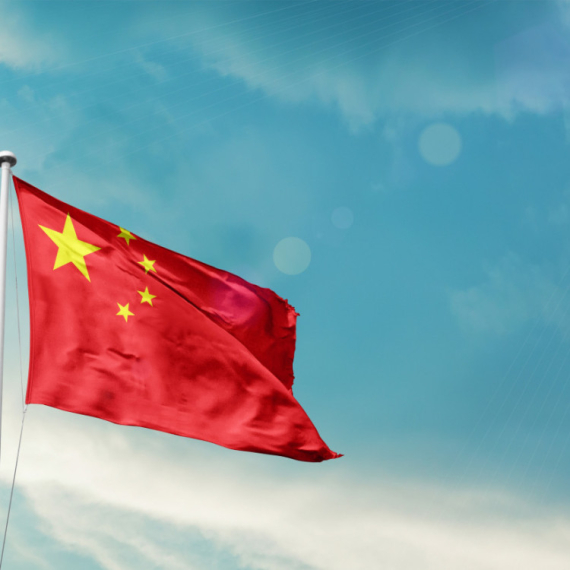









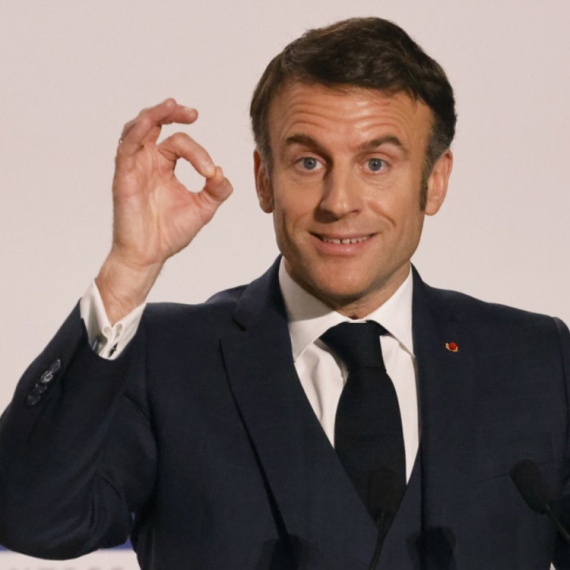


































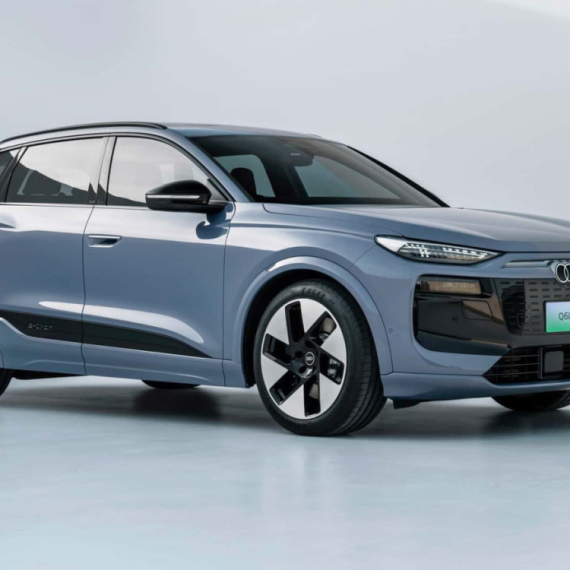





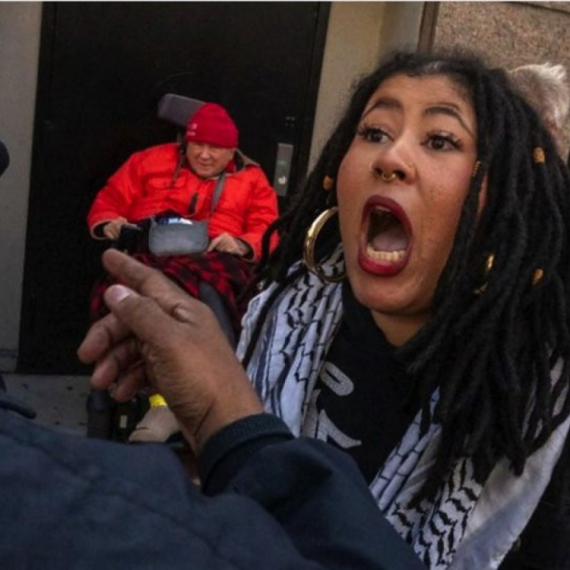

Komentari 5
Pogledaj komentare